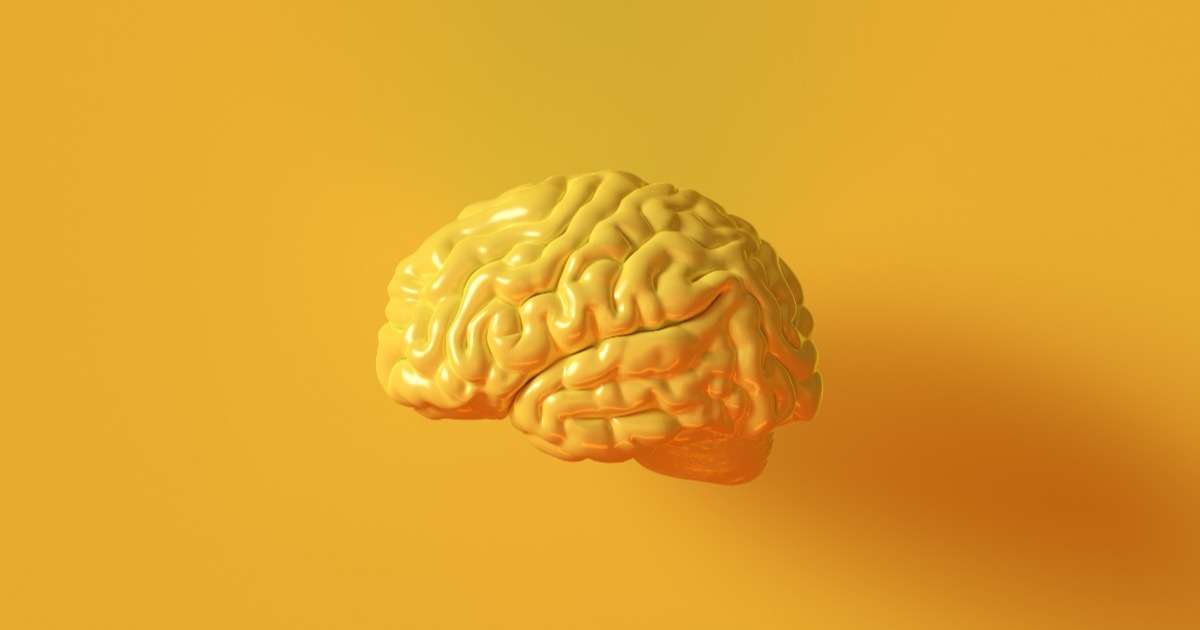
How FaceReader is validated in research
In this blog post, we'll dive deeper into the validity and different applications of FaceReader — the most robust tool for automated facial expression analysis.

The 5 best ways to use FaceReader: a systematic review
Facial expressions offer a rich source of information about human emotions. In this study, Elisa Landmann examines the best ways to collect, handle, and analyze FaceReader data in different areas of research.

Why you want to find out if your customers are bored
Emotions deeply influence our daily lives, shaping our moods and behaviors - including our decision making. That's why facial expression analysis is often used in consumer and behavior research.

Student facial expression analysis while watching instructional videos
Is boredom the opposite of interest? Lídia Vinczéné Fekete and her research team used FaceReader and The Observer XT to find out what makes students get bored and which elements encourage interest.

Understanding the micro-dynamics of couples’ interactions
How do aspects of romantic relationships, such as communication and emotions, develop during real-time couples’ interactions? A study on this was conducted in the Department of Psychology at the University of Zurich.

Using Baby FaceReader for automated analysis of infant emotions
What if you had a way to understand a baby's unspoken needs? Analyzing facial expressions in infants helps researchers and caregivers understand more about the early development of emotions and social interactions.

The science behind your emotions
Have you ever wondered where your emotions come from? Let’s dive into the science behind our emotions and discover how our brain and body work together to make us feel.

Facial mimicry and social cognition in children with autism spectrum disorder
When we want to understand each other better, we tend to copy one another's facial expressions. How does this work in children with autism spectrum disorder? In this blog post, you’ll learn more about facial mimicry in ASD.

Disclosure dilemma
Isabelle Leenders examined the influence of disclosures in influencer advertising on the brand attitudes and purchase intentions of young adults, mediated by their emotions and activation of persuasion knowledge.

Do we help students by surprising them?
The role and usage of instructional videos are increasing in higher education. The research team of Sass & Vinczéné Fekete investigated which features make them more or less engaging for students.
